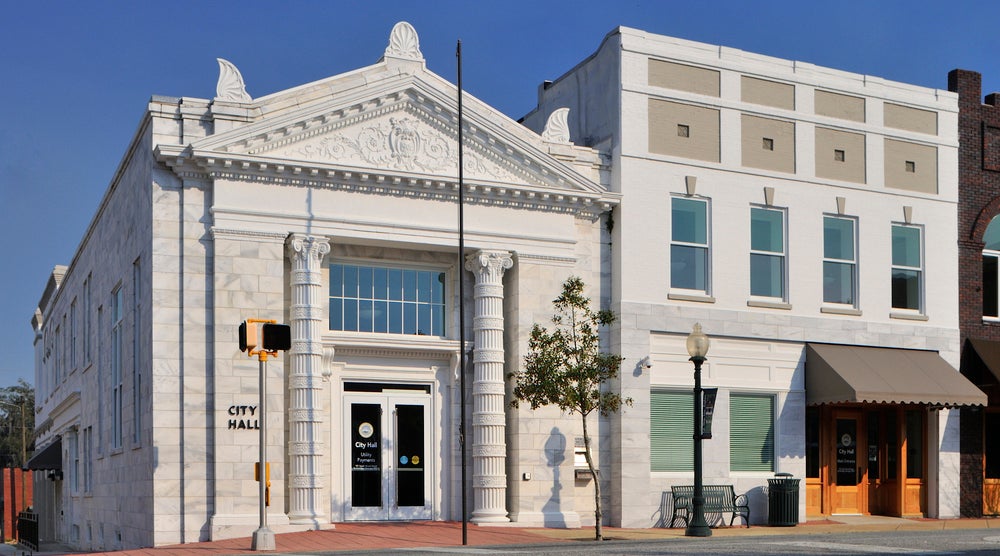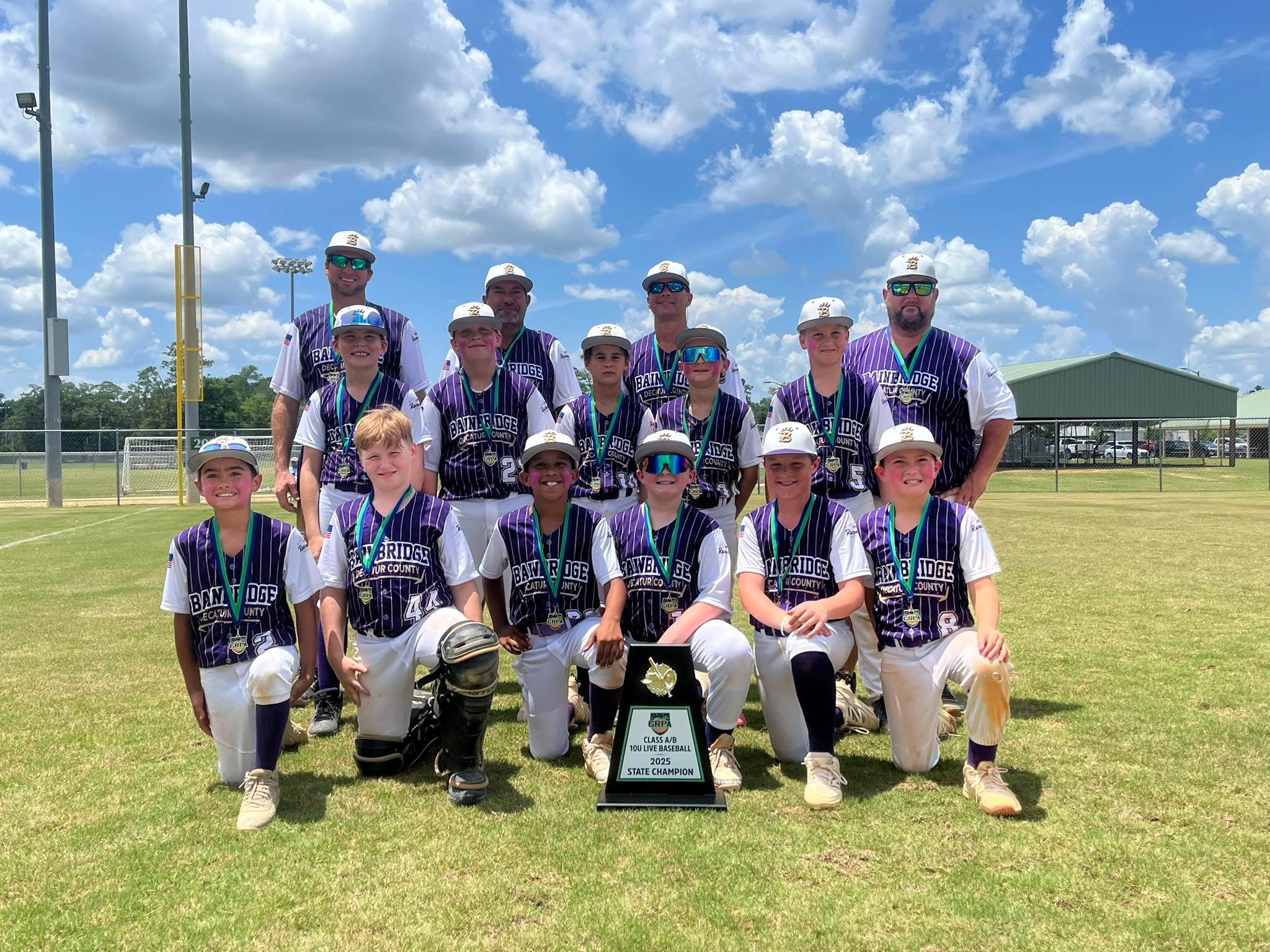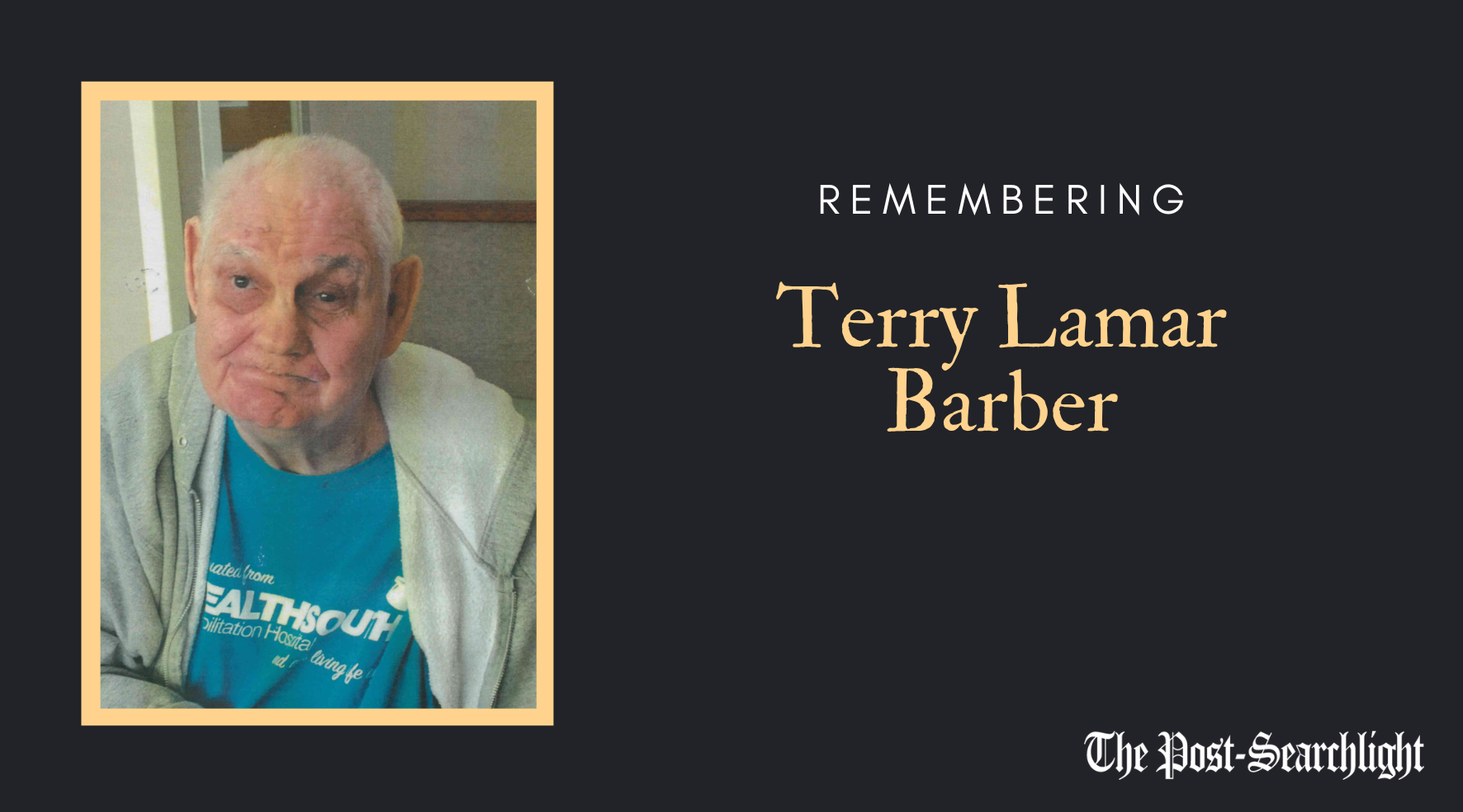Maybe the problem isn’t the public school system. Maybe it is our society
Published 4:55 pm Friday, November 3, 2017
I am trying to remember when our public school system became an inferior way to learn to read, write and cipher. Maybe public schools have always been low-grade, but I must have missed the cue because I got a pretty good education.
I guess the blame belongs to my momma and daddy. They generally considered schoolteachers in the same lofty stratosphere with the preacher and the doctor. They didn’t question the word of any of the three. Unaware of my constitutional rights, if I got in trouble at school, they presumed I was guilty until proven innocent. In their minds, the teacher was right. It didn’t help that this was usually the case.
My parents grew up in a time and place in Georgia where education was not valued. Neither got beyond the seventh grade. As a result, both my brother and I were expected to at least finish high school. Getting our respective college degrees was icing on the cake for them.
I cherish the memory of my parents, but they were never my “pals” and I don’t recall them ever calling for a vote on how they chose to run the house. There wasn’t a lot of democracy, just a lot of love.
That carried over into the schoolroom. We were there to learn. I felt our teachers truly cared for their students (and I think they still do). Yet, I was told when I could speak and when I could not, when I could get up from my desk and when I could not. I was told to do my homework and to be prepared for upcoming tests. Absences from school had to be explained in writing. After about three, as I recall, you were liable to get a call from the principal. My high school principal, an ex-military man by the name of L.L. Deck, could stop hall traffic with one “Stop where you are.” He said it, we did it. Nobody questioned Col. Deck.
I was not always an enthusiastic learner, particularly if I was not interested in the subject matter, but that didn’t stop my teachers from hammering a good education into my hard head.
I was inspired to go to college because I wanted to emulate my older brother, Bob. He was and remains my role model. I had a pretty fair career as did my brother, also a product of the public school system, and the rest, as they say, is history.
So, what happened to public education in the interim? Why the incessant criticism of our public schools (except during election time) and why the insistence of many Republican ideologues to encourage private school scholarships with public tax dollars?
Let me answer that last question first. Many of the ideologues are sycophants of the American Legislative Exchange Council, a super-secret organization of companies and state legislators that supposedly promotes the private enterprise system. ALEC’s stated purpose is good. Their execution is dog poop. Made up of mostly mid-level corporate managers, they play legislators like a one-string banjo and even write their legislation, such as the misnamed “school choice” legislation. So, you can see where our legislators get their cue. Surely, you didn’t think they thought this stuff up by themselves. (Truth in advertising: My alma mater, AT&T is a member of ALEC. That is also dog poop.)
How we view public education today doesn’t mean it is not as good as it once was. It means our society has changed and not for the better. Drugs, transiency, poverty, abuse, school violence, apathetic parents, kids with a strong — and wrong — sense of entitlement. This is what public schools must deal with today that was not a part of my educational experience.
Our legislators want to use more tax credits to put kids in private schools where the rules are different. Private schools can accept who they want, make the kind of rules they want and kick kids out if they choose. So, where do they return? To the public schools, of course, which have to accept them.
I have no issue with private schools, but don’t take tax dollars from the state budget to advantage them. Instead, our legislators should do some heavy lifting for a change and attempt to fix the problems with society that carry over into the classroom. They would then — voila! — have solved many of the problems confronting public schools. Why do I have to think of everything? It must be that darned public education I received. Duh!





